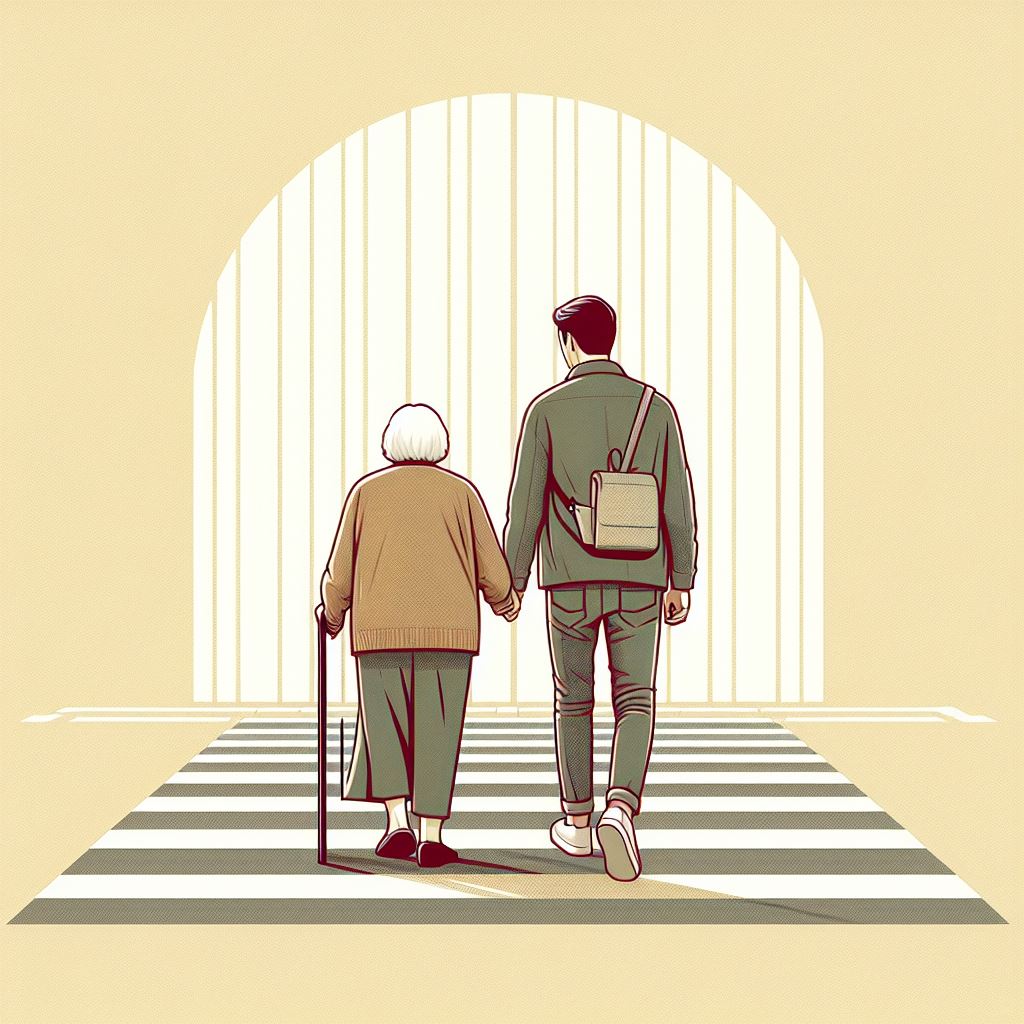
Need a good reason to socialize more? Try approaching people with a “kindness mindset.” When we meet people with the intention to do a favor, it can often disarm our sense of insecurity by taking the focus off of ourselves.
Need a good reason to socialize more? Try approaching people with a “kindness mindset.”
Often people with social anxiety fear interacting with people because they feel they aren’t worthy of attention or respect.
They think to themselves, “Why would anyone want to talk to me? I’m nothing.”
However, when we approach people with the intention to do a favor, it can often disarm our sense of inferiority because it takes the focus off of ourselves and puts it on the other person.
You see someone drop their groceries, or an old lady trying to cross the street, or a pregnant woman walking up to a door? Go up and help them.
It’s not about you, it’s about them – and that can be a very powerful change in perspective.
How a Kindness Mindset Helps You Overcome Social Anxiety
While a “kindness mindset” can be great motivation to start new social interactions, it also has other scientifically proven benefits to your mental health.
According to one new study published in the journal Motivation and Emotion, performing acts of kindness can help those with social anxiety and social avoidance. It can also help boost confidence and self-esteem.
When you do nice things for others, you stop thinking things like, “I’m such an awful and unlikable person” and instead start thinking, “I’m actually a pretty good guy!”
These new self-beliefs are very important for those who suffer from social anxiety and are often riddled with negative beliefs about themselves.
Cultivating a “kindness mindset” isn’t hard either. You don’t need to become Mother Teresa or Gandhi to start doing kind things for other.
Here are suggestions for simple acts of kindness:
- Hold the door open for someone.
- Give someone a genuine compliment.
- Do volunteer work at a local organization.
- Say “thanks” to the bus driver.
- Say “have a good day” to the cashier at the grocery store.
- Help someone carry their stuff to the car.
- Offer to get coffee for a coworker.
- Write a note of appreciation to someone.
- Give money to a homeless person.
- Offer a ride to someone.
- Call family or friends to see how they’re doing.
- Stop at a kid’s lemonade stand and buy a drink.
- Bring in food or snacks for your office mates.
- Help an older person cross the street.
- Introduce two people you think will get along.
These are just a few suggestions off the top of my head, but hopefully they give you some good ideas.
Many of these are small 10 second interactions that don’t take much time or effort. They are easy and convenient ways to flex your “social muscles” without committing yourself to a long conversation or social engagement.
Perhaps you don’t normally think of yourself as a kind person, but it’s never too late to start making changes in how you approach life. With practice we can often rewire our brains to be more kind just like any other habit we repeatedly do. So even if your first act of kindness feels a bit awkward or unnatural, try to stick with it until it becomes more comfortable.
If you want to overcome your social anxiety in a gradual and systematic way, consider adding acts of kindness to your Social Anxiety Hierarchy (PDF) and build your confidence up from there.
Overall, a “kindness mindset” can be a great way to reduce your social anxiety and negative self-beliefs. It’ll give you that extra motivation to step outside of your shell to make a positive impact on someone’s day.
Enter your email to stay updated on new articles in self improvement:
